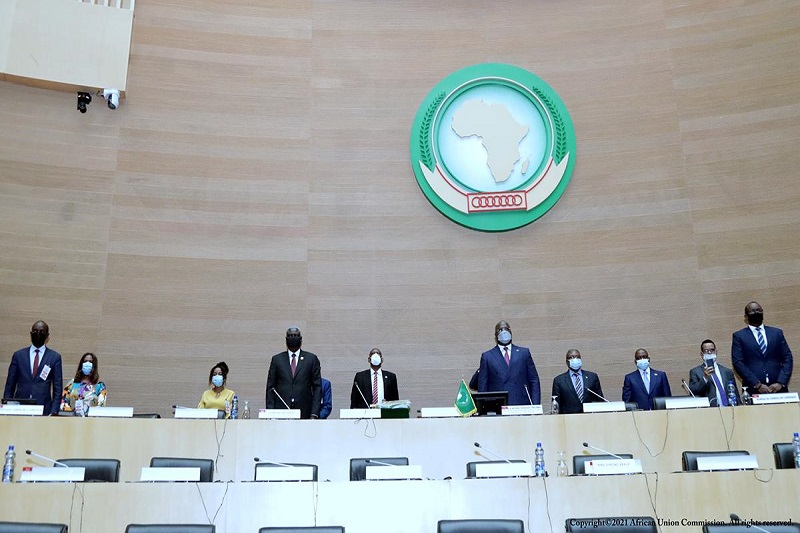In an effort to put Sudan’s transition back on track following the military coup last year, the African Union has stated that it will not participate in talks that exclude major participants. So far, most of Sudan’s civilian actors have not taken part in talks with military officials that started earlier this month under international supervision. The talks were meant to find a political compromise that would allow the urgently needed aid from the West to start again.
According to Mohammed Belaiche, the AU ambassador in Khartoum, “The African Union cannot continue these dishonest and opaque conversations, which exclude people or treat them unfairly.” The AU’s office in Khartoum made it clear on Wednesday that these words do not mean that the AU “withdraws from the troika” that it forms with the UN and the East African regional organization IGAD to oversee this debate. They rejected “wrong interpretations” of them.
Related Posts
Because of the “opacity and lack of respect for the participants” in this discussion, which was started at the beginning of June and is meant to put the nation back on the path to democracy, the AU adds that it is currently declining to take part in some activities. The only people at the inter-Sudanese conference were the military and former rebels who agreed to a peace deal with Khartoum after the overthrow of dictator Omar al-Bashir in 2019.
A few civilians also attended this first conference, but none of the parties involved in the anti-coup demonstrations, including the Umma Party, the nation’s oldest party, the Forces for Freedom and Change (FLC), or the Resistance Committees, had agreed to take part. After American diplomats tried to talk to the people but didn’t succeed, these talks were put off indefinitely.
Since the coup on October 25, 2021, led by army head General Abdel Fattah al-Burhane, who on that day had all of his civilian partners in power arrested—since released—the AU has suspended Sudan. Since then, the country has come to a complete stop. After 30 years of military-Islamist dictatorship by Bashir, the country is once again on the edge of society, getting 40% of its budget from outside help, and sinking into the doldrums.

